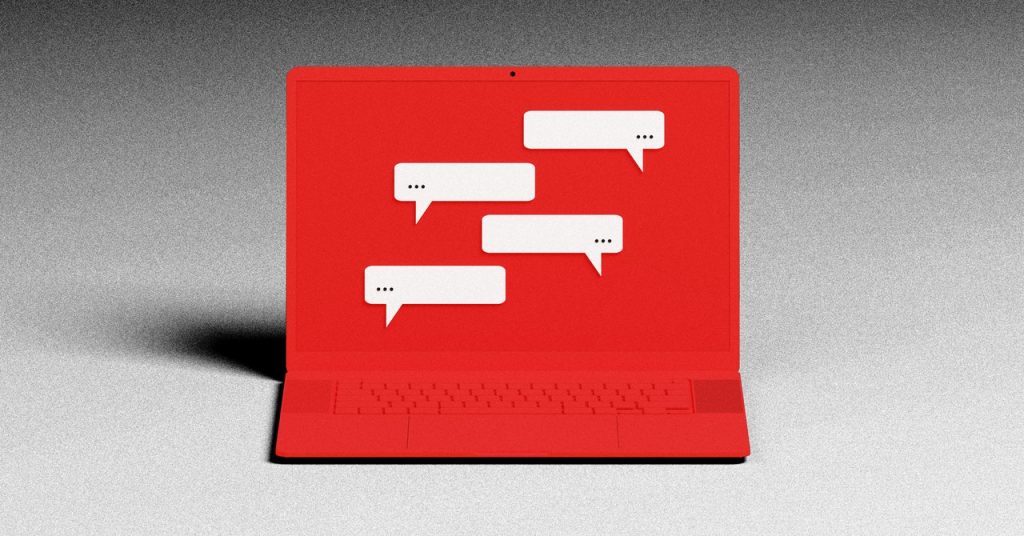Uncovering Reliable Information: A Guide to Effective Research
Tapping into the Wealth of Knowledge at Your Local Library
When embarking on a research project, your local public library is an invaluable resource. It offers free access to a wide array of information, journals, and databases that might otherwise require costly subscriptions. From health databases like Sage Journals, Scopus, and PubMed, to academic and journalism sources such as American Periodical Series Online, Statista, and Academic Search Premier, to databases focused on news, trends, market research, and polls like the Harris Poll, Pew Research Center, Newsbank, and ProPublica, your library’s resources span a broad spectrum of topics.
If you come across a study or paper that isn’t accessible through these databases, consider reaching out directly to the lead author or researcher. They are often eager to discuss their work and may even be willing to share the study with you and provide further insights into their research.
Implementing Effective Filtering Strategies
When researching her article on ADHD for The New York Times, journalist Paulette Perhach utilized Epic Research to examine “dual team studies”—instances where two independent teams tackle the same topic or question and ideally arrive at similar conclusions. Perhach recommends finding research and experts through key associations related to your topic. She also suggests using Google Scholar but advises filtering results to focus on recent studies and avoid outdated data. Keeping your links and research well-organized is crucial, as Perhach emphasizes, “Always be ready to be peer-reviewed yourself.”
While it may be tempting to start with a regular Google search, it’s essential to remember that the internet is rife with misinformation. Websites that appear trustworthy may actually be businesses or companies with a vested interest in presenting their perspective as objective fact without further scrutiny. Using unreliable or biased sources can undermine your work and jeopardize future opportunities, regardless of the nature of your writing project.
Leveraging Government Resources for Accuracy
When researching her book Launching Financial Grownups, author Bobbi Rebell relied on the IRS’ website. She explains, “I might say that you can contribute a certain amount to a 401K, but it might be outdated because those numbers are always changing, and it’s important to be accurate.” While AI and ChatGPT can be useful for generating ideas, Rebell cautions, “you have to be careful. If you are using an article someone was quoted in, you don’t know if they were misquoted or quoted out of context.”
Using AI and ChatGPT for sourcing not only risks introducing errors but also potential plagiarism. This is why OpenAI, the company behind ChatGPT, is being sued for downloading information from numerous books.
Seeking Authoritative Voices in Historical Research
Audrey Clare Farley, a writer of historical nonfiction, utilizes various sites for her research, including Women Also Know History, which allows searches by expertise or area of study, and JSTOR, a digital library database that offers a limited number of free downloads each month. She also uses Chronicling America, a Library of Congress project that compiles historical newspapers to showcase how events were reported, and Newspapers.com (accessible via a free trial but requiring a subscription after seven days).
When it comes to finding experts, Farley advises against simply choosing the loudest voices on social media platforms, as they may not necessarily be the most authoritative. She vets them by checking for a history of publication on the topic and/or relevant educational credentials.
When vetting an expert, be on the lookout for these red flags:
- You can’t find their work published or cited anywhere.
- They were published in an obscure journal.
- Their research is funded by a company, not a university, or they are the spokesperson for the company they are doing research for. (This makes them a public relations vehicle and not an appropriate source for journalism.)
Crafting Impactful Conclusions
Regardless of the type of writing—an essay, research paper, academic report, or piece of investigative journalism—the most effective endings often circle back to the beginning, showcasing the transformation or journey presented throughout the piece.
Remember, your ultimate goal should be to produce well-written, thoroughly researched content that makes an impact without compromising on integrity. Only after mastering these fundamental skills should you explore tools that might streamline the process, such as generating subheads or identifying missing concepts. By doing so, you’ll be better equipped to discern whether these tools are enhancing or hindering your work.

6 Comments
In a world where technology dominates, returning to the roots of manual writing is like a breath of fresh air!
Oh, the sweet nostalgia of manual writing; it’s like rediscovering your voice in a world overrun by robots!
Well, isn’t writing without AI just a throwback to the good ol’ pen and paper days? Feels like a craft worth perfecting again!
Who needs AI when creativity flows right through your veins? Let’s embrace the challenge!
Unplugging from AI to reconnect with the raw essence of writing? Fascinating concept, indeed.
Guess we’re kicking it old school; who knew going back to basics could be so revolutionary?